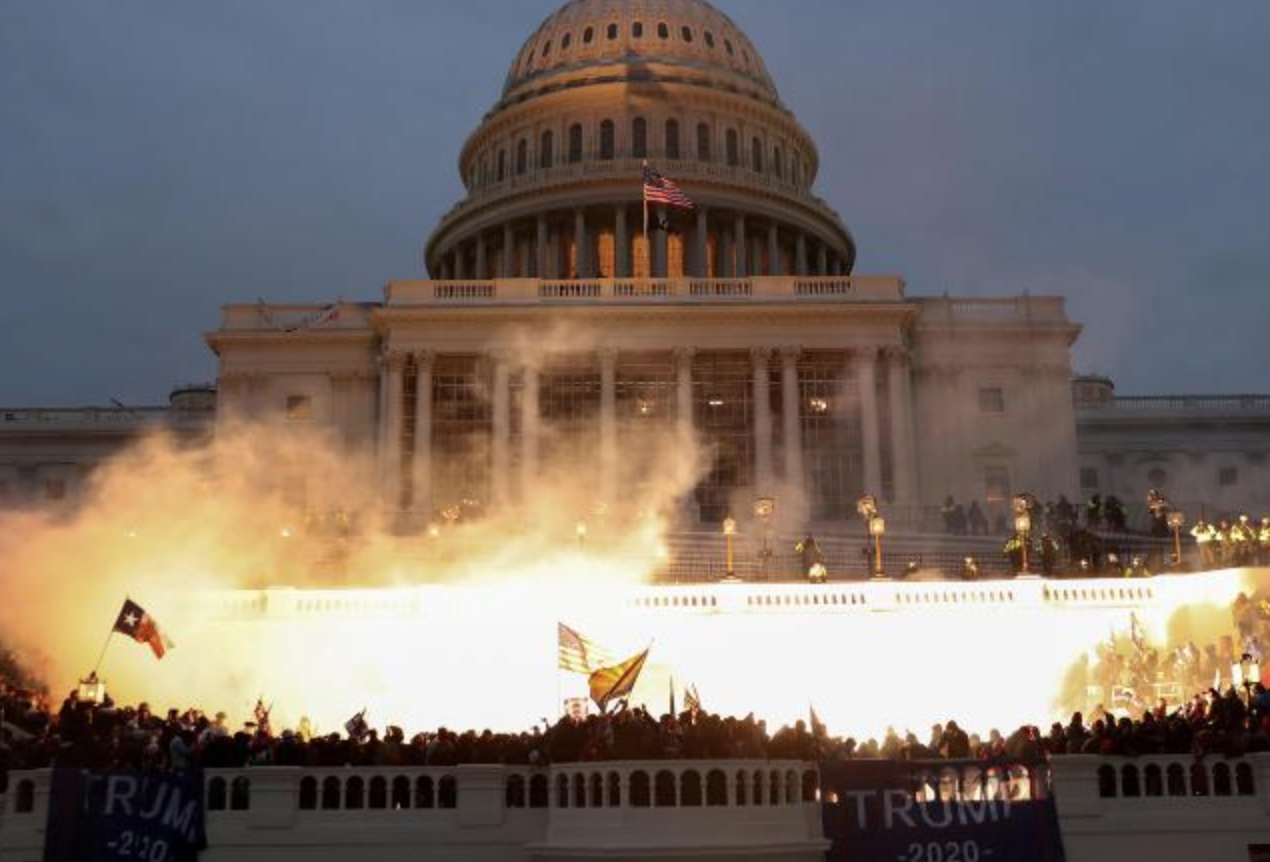What ails the United States of America? Why have some serious thinkers even talked about a second “civil war”?
Both journalists and religious leaders should be pondering that on July 4th. Consider some recent media coverage.
To begin, America’s religious center is imploding. Political scientist Ryan Burge (also a GetReligion contributor) calculates that if nine major Protestant denominations — especially the old “mainline” — had only kept pace with national population growth they’d have 21 million more members than they actually do. (Meanwhile, non-denominational independents surge.) And Burge analyzes the significant increase of Americans, and especially Democrats, who never attend worship.
Obituaries remind us how Pat Robertson, alongside fellow Virginia clergyman Jerry Falwell and others, unexpectedly rallied a sector of conservative Christians and upended American politics and religion – as well as mass-media treatment of religion.
Culture wars envelop Disney, Target and Budweiser, and the Los Angeles Dodgers even honored a group that mocks the Catholic faith (pious Branch Rickey spins in Ohio grave).
One-year anniversary reporting conveys nationwide tumult since the Supreme Court returned abortion policy to Congress and 50 state legislatures.
Then consider all the fears and furies over fentanyl deaths, teen suicide, urban crime, border chaos, race and reparations, college admissions, impeachment, gerrymandering, 2020 rehash, January 6, COVID-19 policy, gender transition laws and pronoun wars, LGBTQ+ rights and religious rights, “Christian nationalism,” “cancel culture,” “woke” classrooms, sliding test scores, book-banning, guns and whatever else you’d like to add.
Candidate Donald Trump’s legal entanglements include the first federal criminal indictment against a former president. Southern Baptist Seminary President R. Albert Mohler Jr., a reluctant 2020 Trump voter who opposes him for 2024, contends this means a “political culture built up over two centuries, and the future of our nation, are at stake.”
The political parties are unstable as Trump-ified Republicans discard the Reagan-Bush heritage while Joe Biden Democrats leave behind the party as led by Sunbelt Baptist guys Jimmy Carter and Bill Clinton.
Add to that the alarm over a Biden-Trump rerun in 2024. A May CNN poll finds 44% of Americans think a Trump victory will be a “disaster” for the nation, and 41% say the same if Biden wins. Polls show multitudes want both men to retire. Party instability is obvious when self-identified Independents solidly outnumber those who still consider themselves Democrats or Republicans.
Perhaps religious-liberty lawyer David French, now a New York Times columnist, put it best in the first sentences of his much-discussed 2020 book, “Divided We Fall: America's Secession Threat and How to Restore Our Nation.”
It's time for Americans to wake up to a fundamental reality: the continued unity of the United States cannot be guaranteed. At this moment in history, there is not a single important cultural, religious, political, or social force that is pulling Americans together more than it is pulling us apart.
Meanwhile, the Gallup organization’s latest measure of Americans with “a great deal” or “quite a lot” of confidence in 16 institutions that unite the culture hit an all-time low average of 27%, compared with 50% in 1979. Only small business and the military enjoy majority confidence. Organized religion, ranked highest in 1985 at 66%, has slumped to 31% confidence, with newspapers at a disastrous 16% and TV news at 11%.
For these and other reasons, “civil war” chatter is understandable, though a literal breakup is preposterous without a clean geographic split as in 1861. Also, no moral crisis could compare with human slavery. The closest 21st Century equivalent would be populist erosion of Americans’ trust and respect toward each other. A collapse in support for the First Amendment? That would certainly cause more legal and economic strife.
Perhaps the buildup to the actual Civil War, an era drenched with religious activism, tells us something.
Historians date the anti-slavery movement from Unitarian William Lloyd Garrison’s 4th of July address in 1829 at Boston’s evangelical Park Street Church. The cause energized ardent white Christians like Charles Finney, the Billy Graham of the day; Wheaton College founder Jonathan Blanchard; Harriet Beecher Stowe; Theodore Weld; the Grimke sisters; the Tappan brothers and many more.
Because Garrison spurned practical politics, the American Anti-Slavery Society split with the founding of the Liberty Party, whose 1840 and 1844 nominee for president, James Birney, wrote “The American Churches, the Bulwarks of American Slavery” (still in print). That party gave way to the Free Soil Party, which captured 10% of the popular vote with former President Martin Van Buren in 1848, but slipped to 5% with Senator John Hale in 1852.
Free Soil was in turn supplanted by the new Republican Party, which took an impressive 33% in 1856 with explorer John Fremont. That year the Whig Party, dying due to disagreements over slavery, joined the new American Party behind former President Millard Fillmore. He took 22% under a virulent anti-immigrant platform.
Footnote: The Republicans’ founding 1856 platform declared the duty of Congress “to prohibit in the Territories those twin relics of barbarism — Polygamy, and Slavery.” The GOP eventually forced the Latter-day Saints to shed plural marriage.
In 1860, Abraham Lincoln’s Republicans spurned the potential 22% support from Protestant nativists with a moralistic platform that upheld immigrants’ rights as well as fighting slavery in federal territories (but not yet full abolition). Lincoln managed an 1860 victory with only 40% of the popular vote because the chaotic Democrats broke into three parties.
As in the prelude to the Civil War, today’s parties are in flux and the population is bitterly polarized.
It took from 1840 to 1864 for the two-party system to emerge. Is it locked in stone, or on this contentious July 4th is it just conceivable that 2024 or 2028 could begin another long-running and agonizing party reconfiguration?
FIRST IMAGE: Screenshot from CNN coverage of U.S. Capitol attack.


